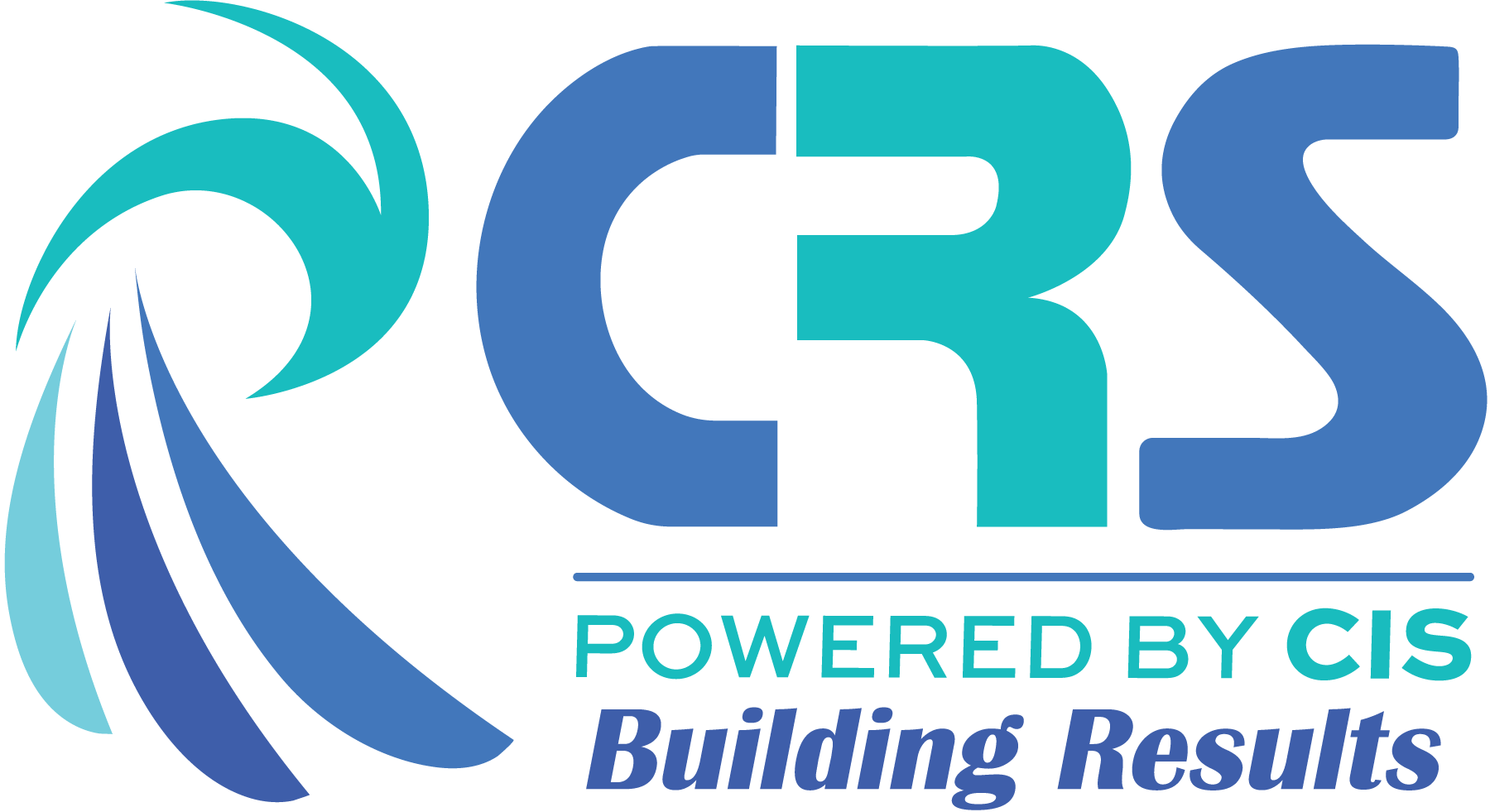Building a Foundation: Understanding the Company’s History
When it comes to managing construction company insurance, working with a broker on a long-term basis offers numerous advantages. One of the primary benefits lies in the time it takes to delve into the intricacies of the company’s history. Collecting essential data such as financial reports and past insurance runs is a crucial first step. This information serves as the foundation for a comprehensive analysis, allowing brokers to assess claim history, analyze previous insurance expenditures, and ultimately develop a strategic plan spanning several years.
Strategic Planning for Success: A Multi-Year Approach
The heart of the advantage is the ability to formulate a strategic plan that spans multiple years. Achieving top-tier insurance status doesn’t happen overnight; it’s a process that might take three, five, or more years. Brokers aim to guide the company towards becoming a leader in insurance costs. By presenting competitors’ insurance landscapes, they can outline a path for the client to achieve better rates, greater competitiveness, improved margins, and increased profitability.
Long-Term Vision: Weathering Market Changes
In a market where insurance rates are on the rise, a long-term broker with a well-defined strategy becomes invaluable. Establishing and maintaining relationships with both the construction company and insurance carriers ensures everyone is aligned on the goal: making the company a low-risk, insurable entity. A dedicated, long-term broker navigates market fluctuations, working to either reduce insurance rates each year or, at the very least, maintain them in challenging market conditions.
Implementing the Plan: The Value of Time
Implementing a strategic plan takes time. Brokers caution that significant changes won’t be evident within six months. Success hinges on consistently working towards the established goals and setting new objectives even after reaching the initial three-year milestones. The key is having a broker who understands the strategic plan, the nuances of the company, and possesses a historical context with the relationships involved.
Building Trust and Integrity: The Cornerstone of Long-Term Relationships
Beyond financial benefits, a long-term broker relationship allows time to build trust and integrity. The construction company, broker, and underwriters develop a trusting dynamic over time. Transparency in communication, clarity in presenting data, and a track record of delivering on promises contribute to the mutual trust between all parties involved.
Nurturing the Relationship: Reflecting Stability in the Market
Long-term relationships with trusted brokers go beyond the transactional aspects of insurance. Nurturing this relationship reflects stability and confidence in the market. When underwriters see a construction company consistently working with the same broker, it instills confidence. This familiarity allows brokers to efficiently negotiate and secure the best insurance deals for their clients.
Conclusion: Priceless Long-Term Relationships
In conclusion, the benefits of a long-term relationship with a broker in the construction insurance industry are priceless. The time invested in understanding the company’s history, formulating strategic plans, and building trust pays dividends. It not only leads to financial gains but also establishes a stable, confident, and mutually beneficial partnership in the ever-changing landscape of insurance. So, if you find a broker you trust, nurture that relationship—it’s an investment with enduring returns.

